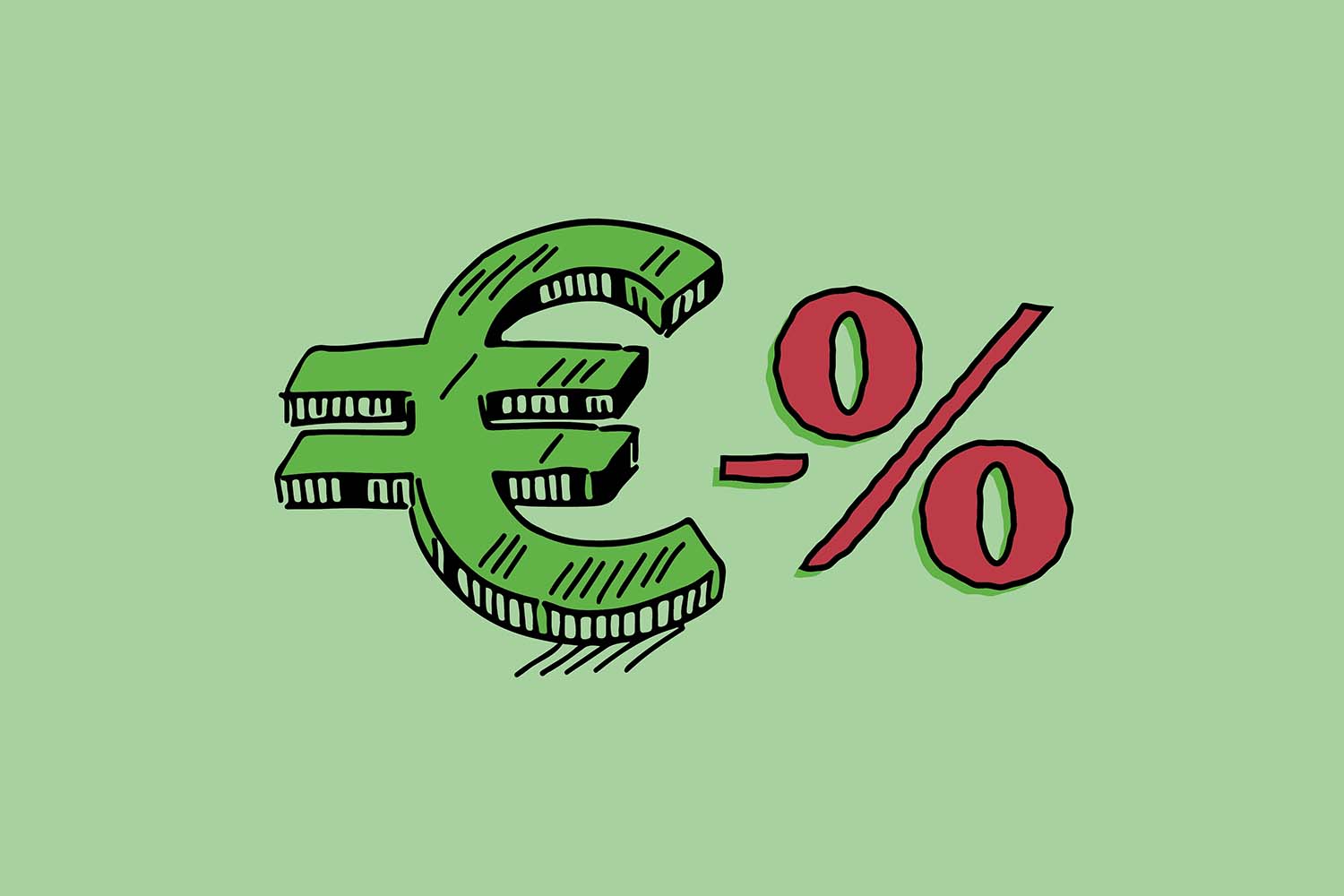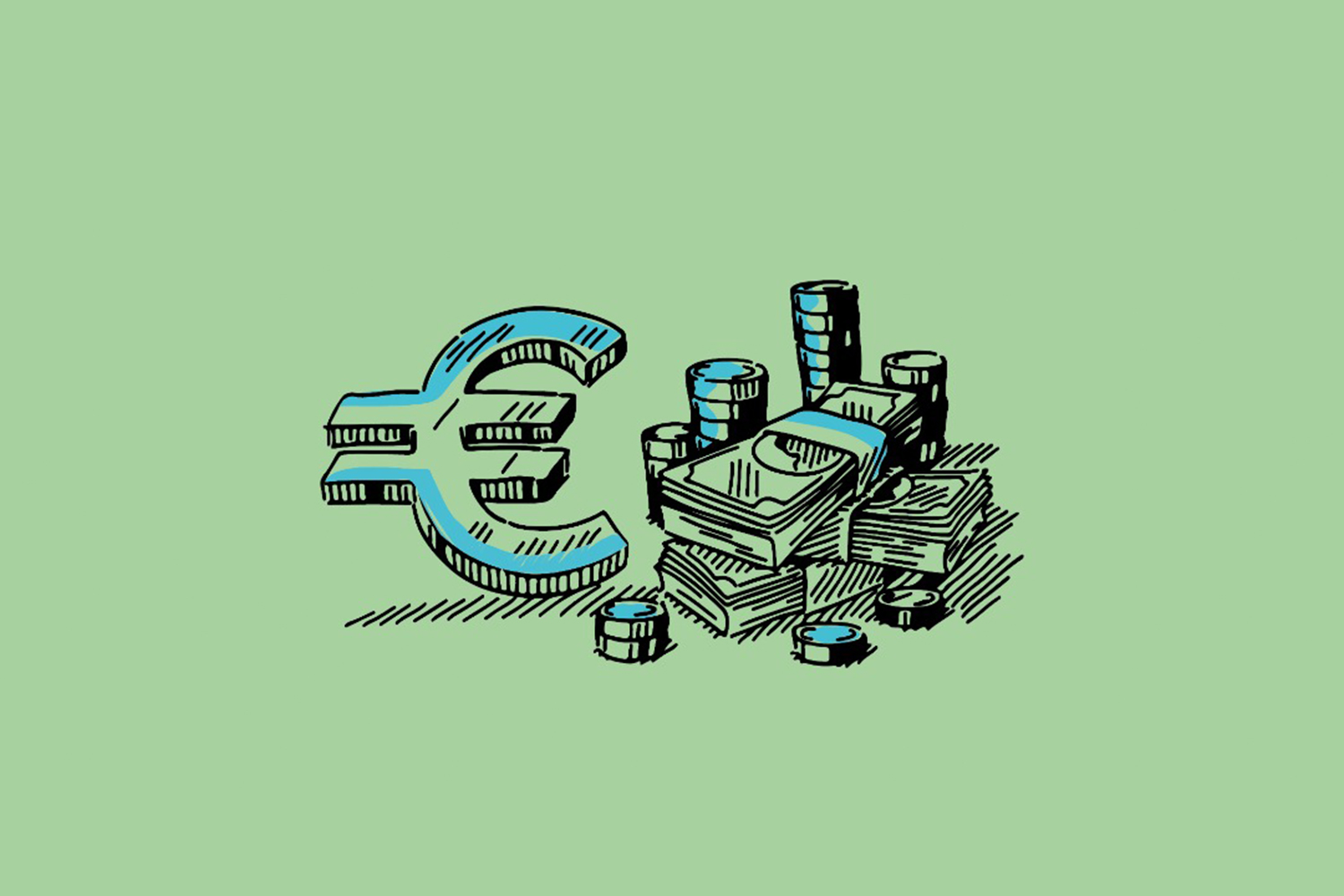The Sub-Saharan Eurobond market is one of the financial markets bearing the brunt of the headwinds in the global economy. The Russian-Ukraine crisis and increase in interest rate by central banks has dampened investors’ appetite for risk assets and reduced the demand for Sub-Saharan Eurobonds.
This has translated into lower bond prices and higher yields. Eurobonds are bonds denominated in currencies different from the issuer’s currency. And when the issuer isn’t earning enough foreign exchange to meet its foreign exchange needs, it increases the risk of it defaulting on payment of its foreign debt obligations.
While declining prices and rising yields are not particular to the Sub-Saharan Eurobond market, the economic challenges in countries like Ghana and Nigeria have increased the chances of a possible default on their foreign debt obligations.
In June 2021, Fitch (a credit rating agency) revised its outlook on Ghana’s long-term foreign currency Issuer Default Rating (IDR) to B+ with a negative outlook. Fitch stated that its rating was based on Ghana’s high public debt and low revenue base. By January 2022, this rating was revised to B- with a negative outlook. This time, Fitch stated that Ghana’s loss of access to the international capital market in the second half of 2021 raises uncertainty about the government’s ability to stabilize debt given expectations of an increase in interest rates.
Ghana has over the years become dependent on Eurobond issuance to boost its foreign exchange reserve, In March 2021, Ghana issued a $3 billion Eurobond, and the Ghanian government was forced to cancel its plans of issuing another $1 billion Eurobond in October 2021, sighting market conditions as the reason for halting the issuance.
Oil remains a major source of foreign exchange for Nigeria, but the country has not been unable to translate the rise in oil prices into an increase in foreign exchange earnings.
Its oil subsidy bill has ballooned alongside oil prices, coupled with the country's huge demand for foreign exchange and continuous oil theft has kept Nigeria’s foreign exchange earnings below $40 billion.
In a ranking of countries most likely to default on their sovereign bonds done by Visual Capitalist (a Canadian website that publishes reports on financial markets and the global economy), of the 25 countries on the list, 13 were African countries. Ghana ranked 2nd, Kenya was 6th, while Nigeria ranked 24th.
Since the pandemic in 2020, most developing economies have struggled with depleting revenue, high fiscal spending requirements, and a decline in the foreign portfolio and foreign direct investment. An increase in interest rates in the global economy translates to lower foreign investors' interest in financial instruments from these countries. Higher interest rates on financial instruments issued by economically stable countries are more attractive.
Will these countries default?
The risk of developing countries falling into a debt crisis has risen significantly. Sri Lanka recently defaulted on its debt, Countries like Ghana and Pakistan are doing all they can to avoid a default.
Ghana last week approached the International Monetary Fund (IMF) to raise funds to meet its foreign debt obligations and restore its public finance.
Nigeria in the first quarter of 2022 unexpectedly issued a 7-year Eurobond at 8.375%.
This bond was oversubscribed. The FGN through the DMO attempted to issue another Eurobond in Q2 2022 but retracted as investors demanded higher rates.
Defaulting on foreign debt obligations, limits opportunities for raising future debt. When a country defaults, credit rating agencies rate the country’s bond as junk bonds. Poor credit rating makes it difficult for such countries to raise debt. For this reason, countries do everything possible to avoid default.
Nigeria has so far met its debt obligations and the country has over the years maintained foreign reserves above $35 billion.
The country’s debt profile has however grown over the years, to $39.9bn as of March 2021. This notwithstanding, Nigeria is liquid enough to fulfill its 2023 and 2025 Eurobond maturities of $500mn and $1.1bn respectively.
It is important that fiscal spendings are managed effectively to ensure a default doesn’t materialize. Continuous borrowing without improving revenue is a recipe for disaster.
How does this affect dollar mutual funds, and should I still invest in them?
Dollar mutual funds in Nigeria invest ~50% in Nigerian sovereign Eurobonds and ~30% in corporate Eurobonds. This implies they are exposed to the Sub-Saharan Eurobond market.
It is however important to note that bond prices and bond yields move in opposite directions. When bond prices are low, bond yields are high and vice versa. This is because investors demand a premium for investing in high-risk bonds. Yields on bonds in the Sub-Saharan Eurobond market have risen from 6.73% in January 2022 to 12.61% in June 2022.
The dollar has been the star of the bloom and gloom in the global economy. So far in 2022, the dollar index (an index that tracks the performance of the dollar against other currencies) has gained 13%. The Federal Reserve’s stance on monetary policy is favourable to the dollar. An increase in interest rates leads to a rise in interest rates on fixed income instruments.
In seasons of financial downturns, investors tend to pitch their tent in the fixed income market of stable economies.
Hence, the rise in interest rates on fixed income securities in the US leads to a rise in the demand for the dollar. A rise in demand for the dollar increases the value of the dollar.
The naira on the other hand has continuously lost value. In the parallel market, it has lost 8% so far in 2022. The year 2022 is a pre-election year and as it is the trend in pre-election years in Nigeria, the demand for the dollar has risen. Given the government's lukewarm attitude to stimulating the economy, we do not expect any significant improvement in the value of the Naira.
Inflation is also not abating, it stood at 18.6% at its last reading. All of these make a case for dollar assets. Owning dollar assets preserves the value of your investment and given that Nigeria is not likely to default on its bond obligations, dollar mutual funds are still healthy for your investment portfolio.
By investing in dollar mutual funds, you gain exposure to the high yields in the Eurobond market and benefit from the rise in the value of the dollar.
Investors can also invest in other dollar-denominated assets like dollar fixed income funds and the US stock market.




